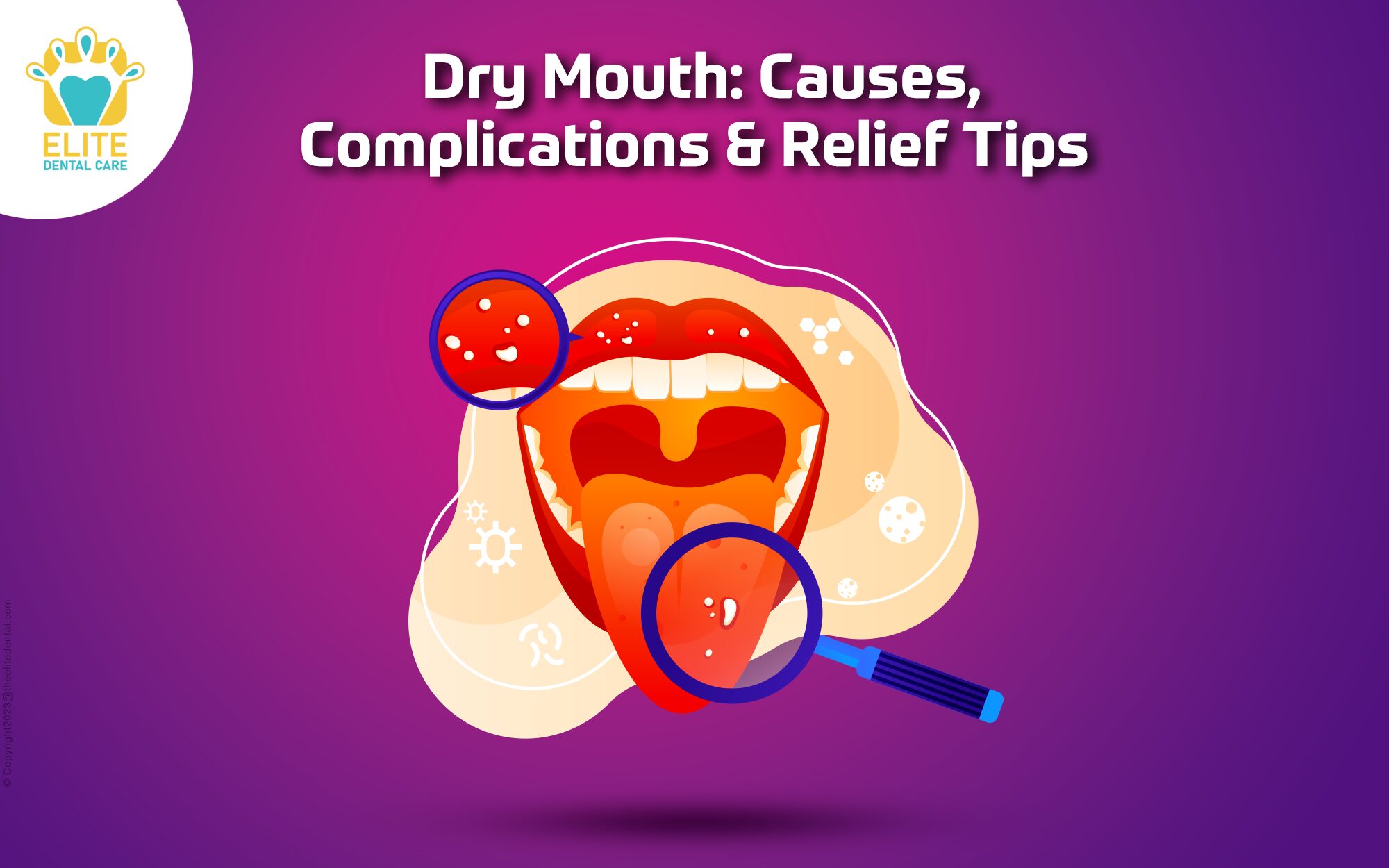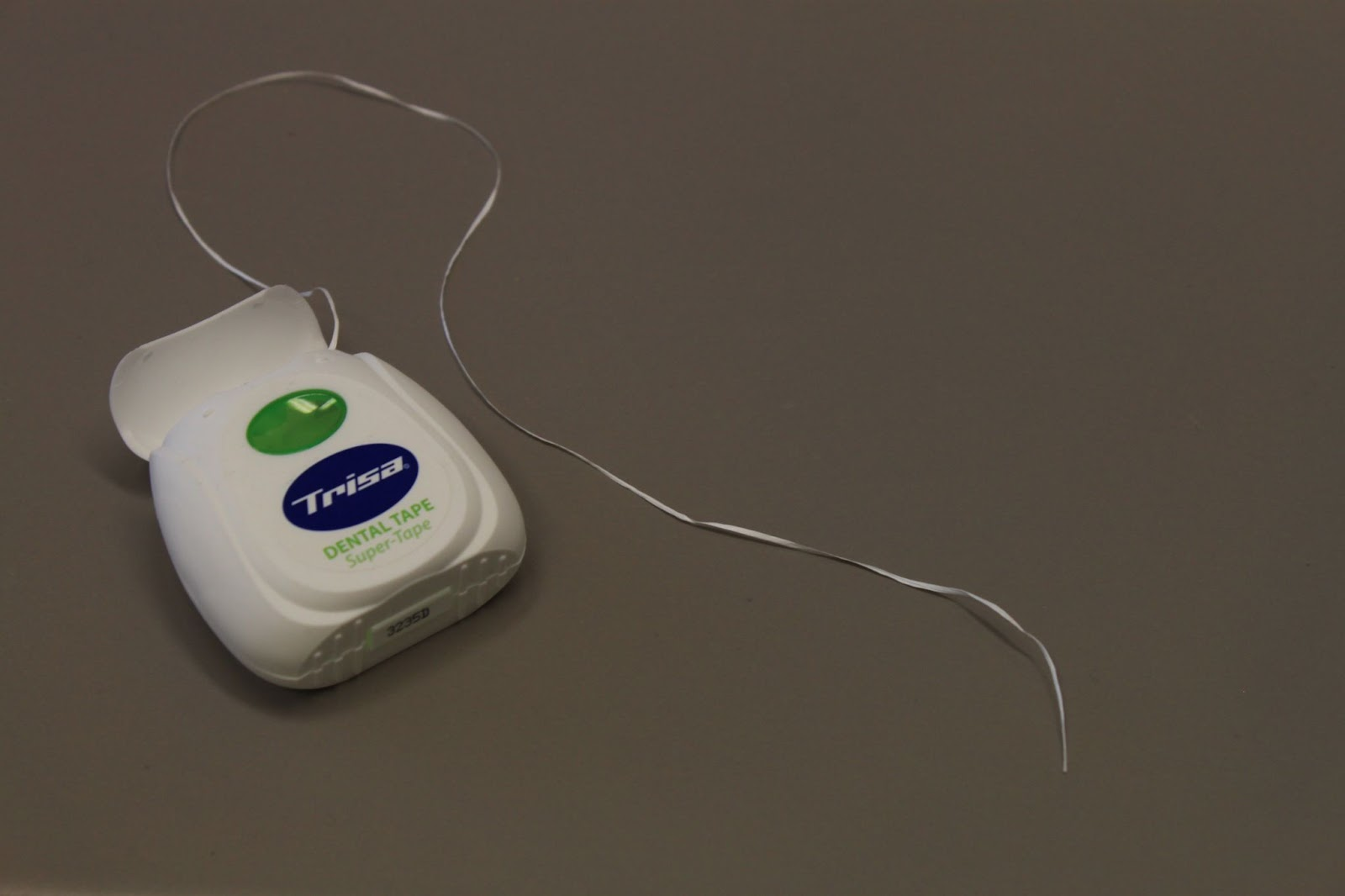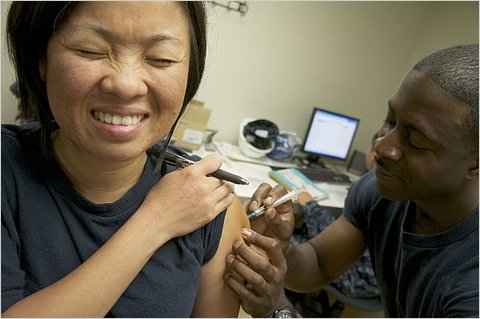Alcohol Causes Dry Mouth: Relief Tips Inside

The effects of alcohol on the human body are multifaceted and can impact various physiological processes, including those related to oral health. One of the lesser-discussed consequences of alcohol consumption is its ability to cause dry mouth, a condition medically known as xerostomia. Dry mouth is not just a temporary inconvenience but can lead to more serious oral health issues if not addressed properly. This article delves into the relationship between alcohol consumption and dry mouth, explores the reasons behind this phenomenon, and most importantly, provides actionable tips for relief.
Understanding Dry Mouth
Dry mouth, or xerostomia, is a condition characterized by a decrease in the production of saliva. Saliva plays a crucial role in oral health; it helps to moisten food, making it easier to chew and swallow, and it contains enzymes that begin the digestion process. Moreover, saliva has antibacterial properties that help to protect the teeth and gums from decay and infection. When the flow of saliva is reduced, the mouth can become dry, leading to discomfort, difficulty swallowing, and an increased risk of tooth decay and gum disease.
The Impact of Alcohol on Saliva Production
Alcohol is known to have a diuretic effect, meaning it increases urine production, leading to a loss of fluids in the body. This dehydration can affect the production of saliva, leading to dry mouth. Furthermore, alcohol can directly impair the function of the salivary glands, reducing their ability to produce saliva. This dual effect explains why alcohol consumption can lead to significant reductions in saliva flow, resulting in dry mouth.
Why Is Dry Mouth a Concern?
Dry mouth is more than just a minor annoyance; it can lead to serious oral health issues. Without enough saliva, food particles and sugars can remain on the teeth for longer periods, increasing the risk of tooth decay. Additionally, the lack of saliva’s protective and cleansing properties can lead to an overgrowth of bacteria in the mouth, resulting in bad breath, gum inflammation, and potentially more severe infections.
Relief Tips for Alcohol-Induced Dry Mouth
While the best way to avoid alcohol-induced dry mouth is to limit or avoid alcohol consumption altogether, there are several strategies that can provide relief for those experiencing this condition:
Stay Hydrated: Drinking plenty of water can help counteract the dehydrating effects of alcohol. It’s essential to replenish lost fluids to help stimulate saliva production.
Sugar-Free Gum and Candy: Chewing sugar-free gum or sucking on sugar-free candy can help stimulate the salivary glands to produce more saliva. Look for products that contain xylitol, which has been shown to help prevent tooth decay.
Saliva Substitutes: For those experiencing persistent dry mouth, saliva substitutes can provide temporary relief. These products mimic the natural properties of saliva, helping to moisten the mouth and protect the teeth.
Oral Rinses: Certain oral rinses, especially those designed for dry mouth, can help to moisturize the mouth and provide additional protection against tooth decay and gum disease.
Limit Alcohol Intake: Perhaps the most straightforward approach to managing alcohol-induced dry mouth is to limit alcohol consumption. Being mindful of alcohol intake can help mitigate its effects on saliva production.
Visit a Dentist: Regular dental check-ups are crucial for maintaining oral health, especially for individuals who consume alcohol regularly. A dentist can provide personalized advice and treatments to manage dry mouth and prevent associated oral health issues.
Conclusion
The relationship between alcohol consumption and dry mouth is a significant one, with alcohol’s dehydrating effects and direct impairment of salivary gland function leading to reduced saliva production. By understanding this relationship and taking proactive steps, individuals can mitigate the risks associated with alcohol-induced dry mouth. Whether through staying hydrated, using sugar-free gum, or limiting alcohol intake, there are numerous strategies available to provide relief and protect oral health. Remember, maintaining good oral health is a critical aspect of overall well-being, and addressing issues like dry mouth is an essential part of that maintenance.
FAQ Section
Can dry mouth from alcohol consumption cause bad breath?
+Yes, dry mouth caused by alcohol consumption can lead to bad breath. The lack of saliva allows bacteria to accumulate, leading to halitosis. Practicing good oral hygiene, including regular brushing and flossing, can help manage this issue.
How long does it take for saliva production to return to normal after alcohol consumption?
+The time it takes for saliva production to return to normal can vary depending on the amount of alcohol consumed and individual factors such as hydration levels and overall health. Generally, staying hydrated and giving the body time to recover can help return saliva production to normal within a few hours to a day after consumption.
Are there any long-term effects of dry mouth caused by alcohol consumption?
+Yes, prolonged and frequent episodes of dry mouth due to alcohol consumption can lead to long-term oral health issues, including increased risk of tooth decay, gum disease, and potentially more severe conditions like temporomandibular joint (TMJ) disorders. Regular dental check-ups and maintaining good oral hygiene practices are crucial for preventing these issues.
In conclusion, while alcohol-induced dry mouth can be a significant issue, there are many strategies available for relief and prevention. By understanding the causes and taking proactive steps, individuals can mitigate the risks and protect their oral health. Remember, a healthy smile is just one part of overall well-being, and addressing issues like dry mouth is an essential step in maintaining a healthy body and mind.



